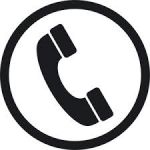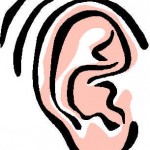Conference call etiquette
 In today’s busy and virtual world, conference calls have become a must versus face to face meetings. I just completed a call that went 60 minutes (originally scheduled for 30 minutes) mainly because the group was not prepared.
In today’s busy and virtual world, conference calls have become a must versus face to face meetings. I just completed a call that went 60 minutes (originally scheduled for 30 minutes) mainly because the group was not prepared.
They had not fully read the material and the leader had not set an agenda. Each of the participants (4) had their own set of questions and they spoke over one another. Poor reception was also a factor. (Two of the participants were in a car.)
• Always let the participants know if you are going to be in a car driving (which is a real no-no).
• If possible, be the only person on the call in your office.
• Always say your name before you speak.
• Always, after you speak, confirm everyone has heard you.
• Always agree to disagree.
• Always thank everyone when the call is finished.
• Always let everyone know your time constraints.
True etiquette is making the other person comfortable and allowing them to showcase their best.







